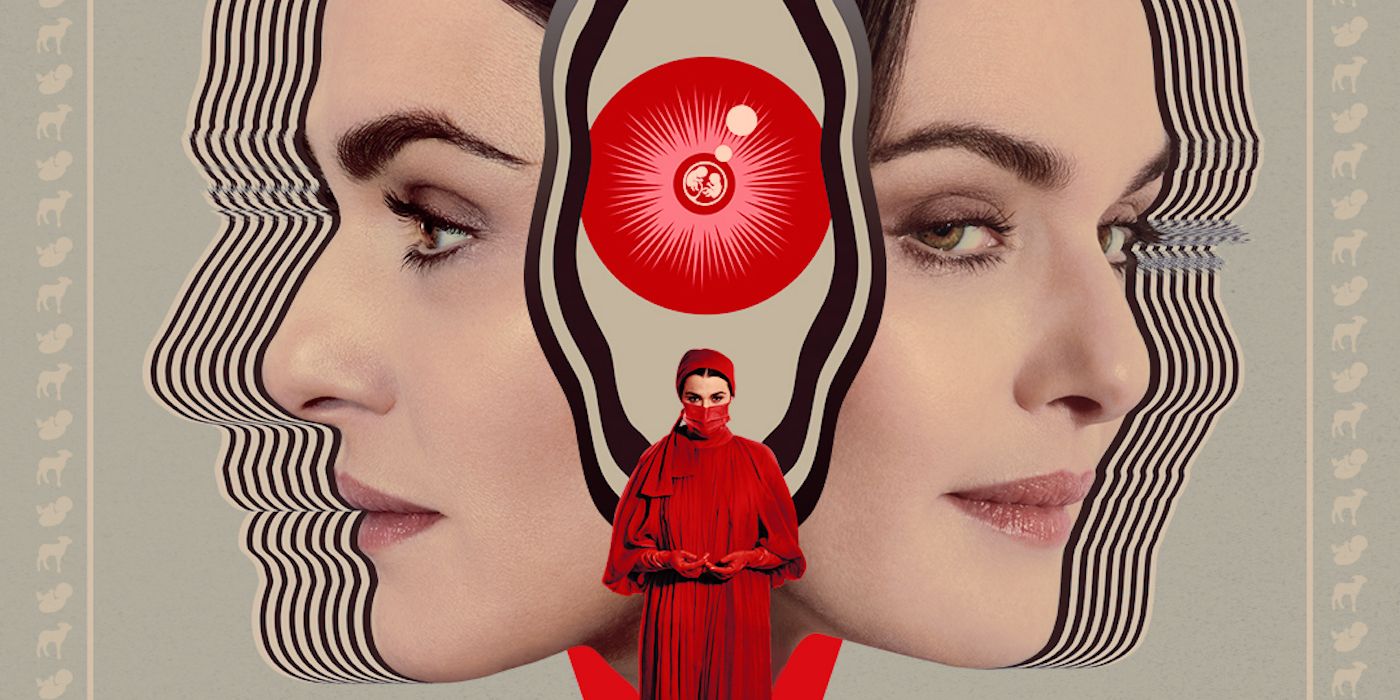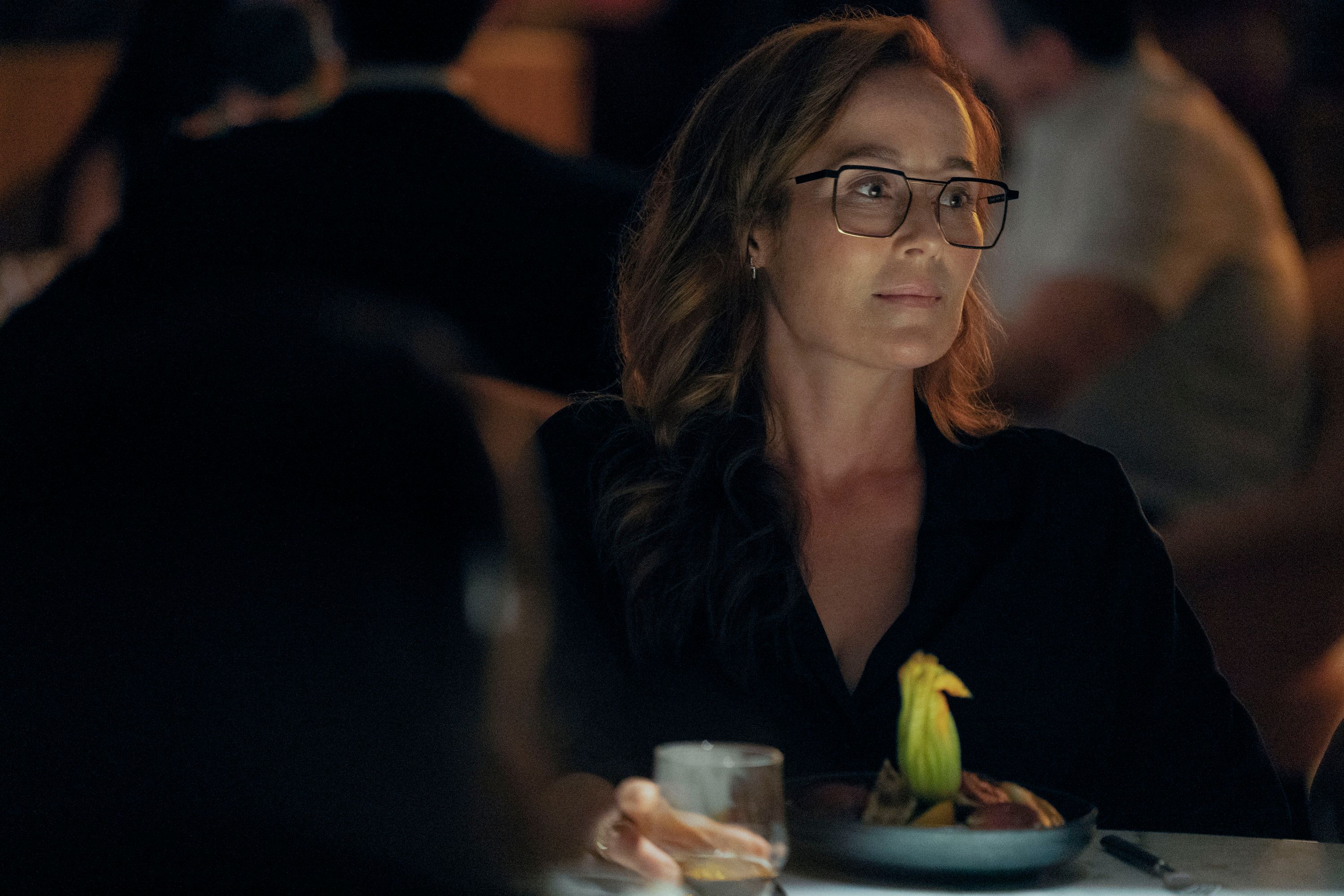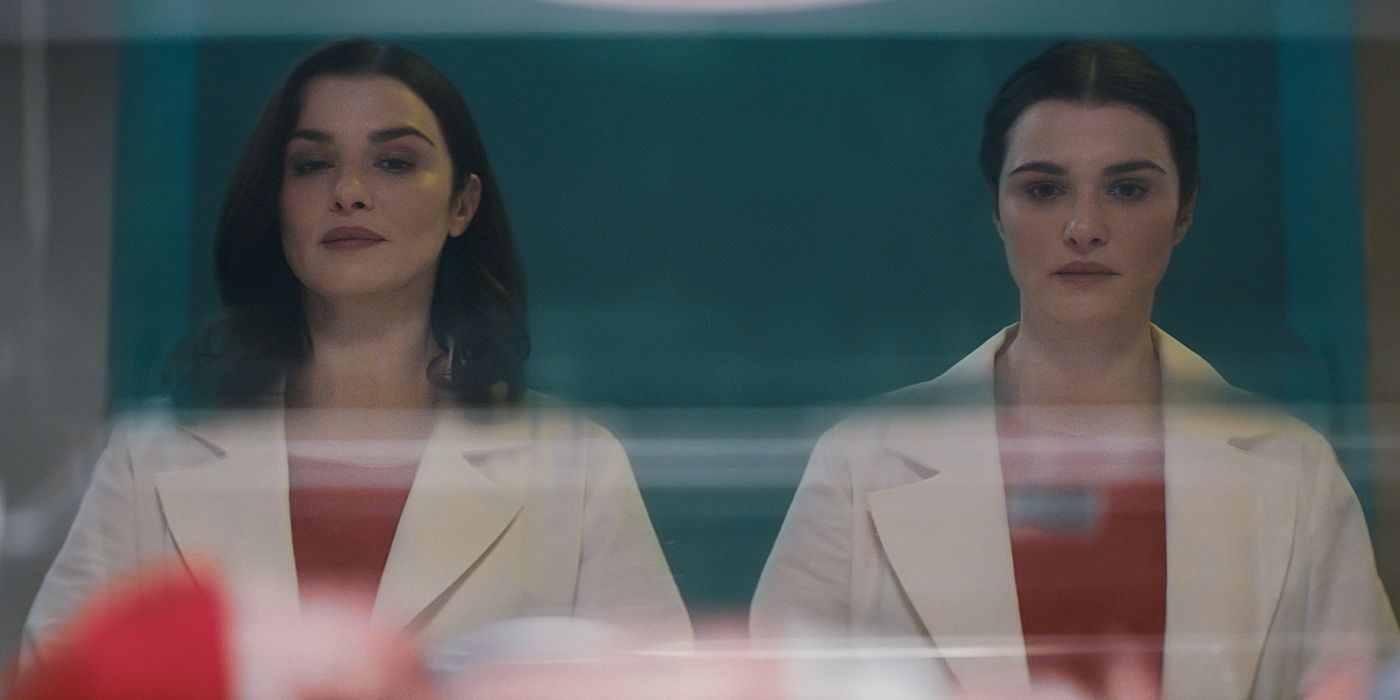Editor's note: The below contains spoilers for Dead Ringers.From the very start of Prime Video's new take on Dead Ringers (previously a David Cronenberg classic about gynecologists), it's clear that we're dealing with a different beast. Graphic scenes of childbirth are shown without censorship, testing the waters of its audience — if you find this natural process horrifying, you're in for much worse. Starring Rachel Weisz as both Beverly and Elliot Mantle, two brilliant obstetricians bent on changing the birth experience forever, the show is in many ways an improvement on the original.
Far from just a gender-swapped version of the 1988 film, the series offers a more complex and layered look at what it means to control childbirth — and, by extension, what it means to have control over the bodies doing the birthing. Is it less traumatic for a woman on the operating table if her doctor is also a woman? Not if her motives haven't changed.
What Is 'Dead Ringers' About?
In the original Dead Ringers, twins Beverly and Elliot (Jeremy Irons) are identical doctors obsessed with each other. The inventors of a unique medical device, they find fame in their gynecological practice, doing everything together — even deceiving women into sleeping with the wrong twin. When Beverly falls into drug addiction, however, he becomes obsessed with the idea of "mutant women" and their anatomy, disgracing both himself and his brother.
The new series retains this dynamic to some degree — the brash Elliot is the mouthpiece of the two, while Beverly acts as the centered regulator — but this time, Elliot is the one who's addicted. (It's almost as if they're two halves rather than one whole. They still unethically share dates.) While the sisters are already successful, they aim to open a birthing clinic of their own, this time catering to women. The hope is to destigmatize women's healthcare in a by-women, for-women environment. (As Beverly loves to point out, the center won't be a hospital because "pregnancy is not a disease.")
But, as we soon find out, the twins have very different motivations for reaching this goal. While Beverly is devoted to healthcare and wants a normal life with her partner (Britne Oldford), Elliott can't seem to let go of their unhealthy connection. To top things off, she's also performing illegal fertility experiments in the clinic's blood-red labs. As in the original, it soon comes down to twin versus twin — and it's every bit as entertaining. So what does the miniseries have that the film doesn't? It's simple: This time, it's personal.
'Dead Ringers' Focuses More on Autonomy Than Its Predecessor
It's undeniable that there's something more complex happening on screen when a pregnant woman is delivering babies. This does happen, toward the end of Dead Ringers' run, as a pregnant Beverly delivers quadruplets with her sister. Just as Beverly says, her connection with her "guests" (they don't call them patients) goes beyond professional curiosity and stretches into the personal: She wants to improve the entire birth experience. We see some of the injustices of a more traditional hospital setting, including a medically traumatized woman losing her child and a Black woman bleeding out from neglect. One almost wishes that the center, with its natural birth rooms and respect for bodily autonomy, was real.
At a pitch meeting, Beverly relates the two stories: "Despite the fact that this is how every single one of us enters the world, despite the fact that women have been giving birth for as long as humankind existed, this is the best that we have come up with." But things get even more interesting when we find that their investor, the cold and callous Rebecca Parker (Jennifer Ehle), isn't interested in the plight of her fellow women — she only cares about the bottom line. "Why is it important that it's accessible?" She asks Beverly about the center. Having established itself as aware of the patriarchal destruction surrounding childbirth, the show now asks: Does solidarity in sex mean anything without intersectionality? When Rebecca mentions that she's had lots of kids, but "didn't do the having, obviously," the show makes it clear that, though the main characters are all women, they aren't equal. In the original film, Beverly and Elliot are obsessed with women's bodies: Controlling them, cutting into them, taking from them. Here, the focus is autonomy. In a world that revolves around prestige and profit, Dead Ringers asks: Do we even own ourselves?
'Dead Ringers' Goes Even Deeper Into Issues
It's not just autonomy that's explored in the new Dead Ringers: Both abortion and race are necessarily brought into the conversation. Though Parker is funding their project, Beverly and Elliot must also cozy up to her wife Susan (Emily Meade) and her family — including Southern patriarch Marion (Micheal McKean). (After all, Susan seems to be the one who wanted to fund the center.) Over the course of an uncomfortable dinner, the twins learn that Marion has been in the health business for a long, long time — so long that he recalls stories of a woman in the mid-1800s who "worked with" her doctor to bring about medical advancements through a series of surgeries. "It was like beginning from nothing," Crane says of his work, "Being the first one there. The woman's body. Completely uncharted territory, undiscovered land."
Of course, it's later revealed to Beverly that the "young woman," a 17-year-old named Anarcha (Brittany Bradford), was enslaved. The surgeries were forced on her without anesthesia. (Yes, this is a true story, as well as her recorded name. The doctor is now considered the father of modern gynecology. Largely, the field was built on violation.) In what might be the episode's best sequence, a vision of Anarcha appears to Beverly. "We do not know her," she says, "And she is not yours to know." Marion also brings up abortion — if Elliot's research can allow very premature babies to survive outside the womb, won't that impact what we consider a viable life? The questions keep coming, most of them without answers. (There's also a distinct lack of complication around the topic of gender and who can give birth.) Though this can be a bit unsatisfying for the audience, it's also the sign of a richer, denser look at women's bodily autonomy. Complicated by inequality, this version of Dead Ringers is more invasive by far.
All episodes of Dead Ringers are available to stream on Prime Video.




